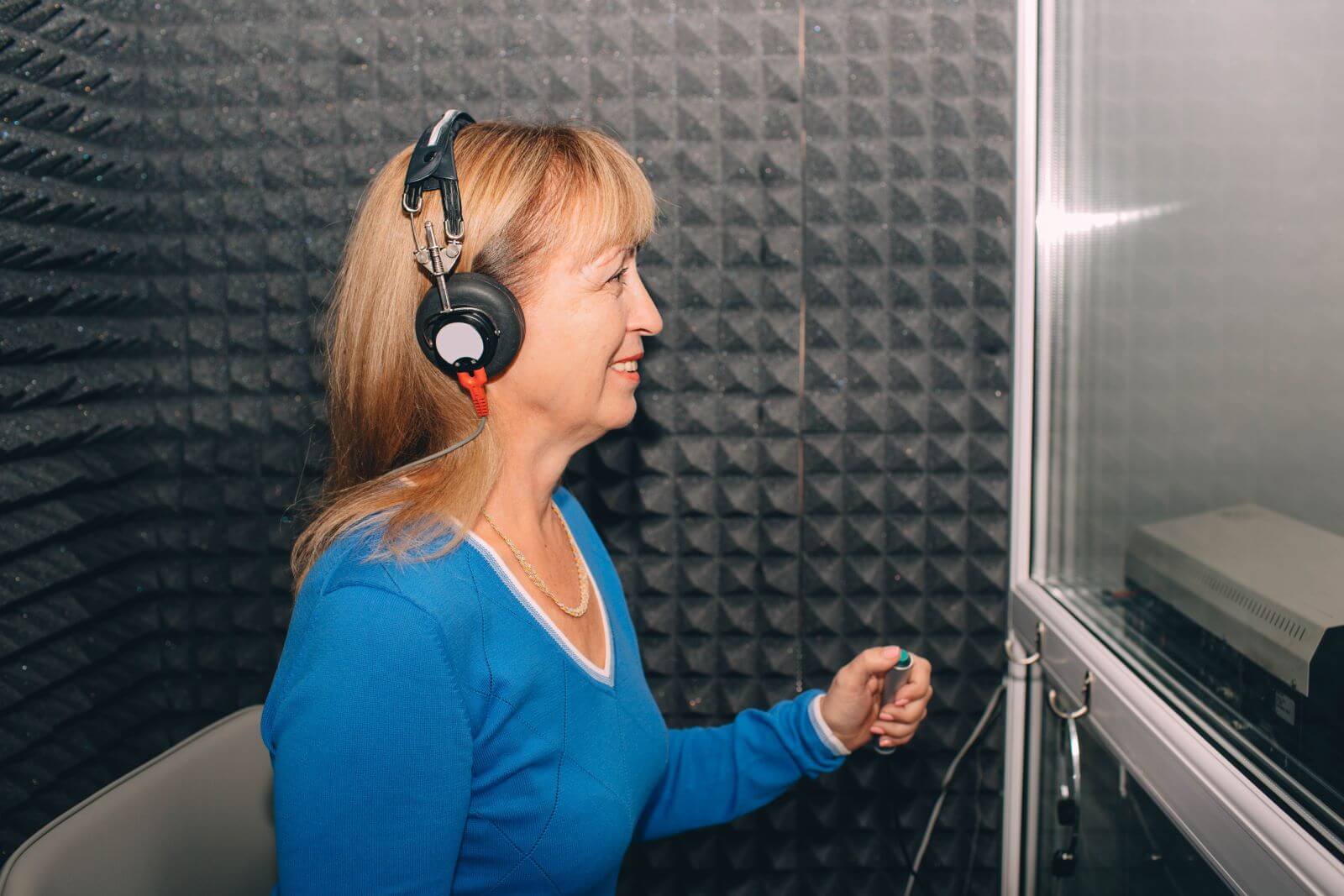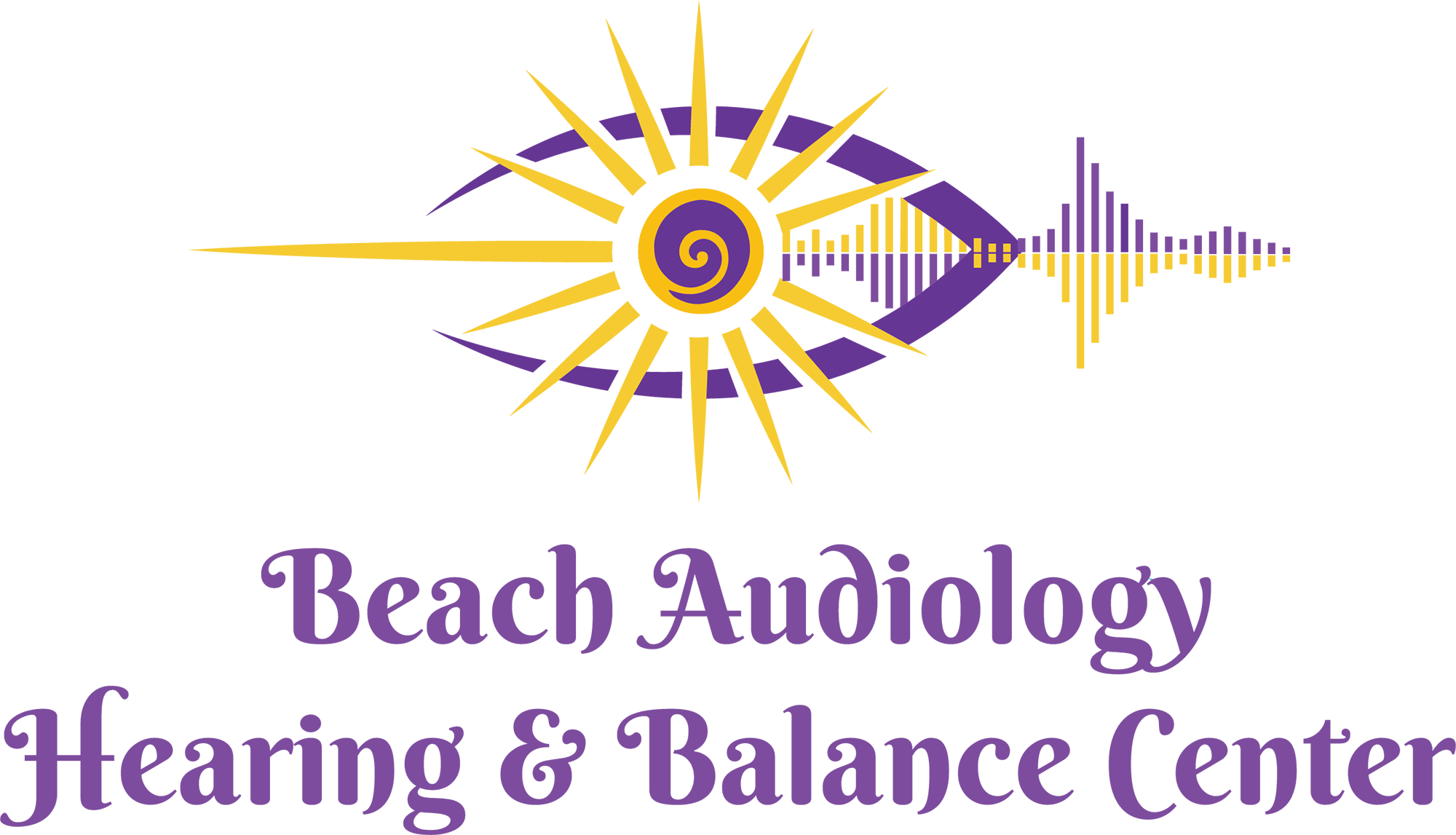Comprehensive Hearing Evaluations
When to Get Your Hearing Tested
Common Signs You May Need a Hearing Test
- Difficulty in Understanding Conversations: Struggling to follow conversations, especially in noisy environments.
- Frequent Misunderstandings: Frequently misinterpreting or asking people to repeat themselves.
- Tinnitus: Experiencing ringing, buzzing, or other phantom sounds in your ears.
- Family History: A family history of hearing loss may increase your risk.
- Age-Related Changes: If you are 50 or older, regular hearing check-ups are advisable, as age-related hearing loss is common.
Don't wait if you notice any of these signs; early detection and intervention can significantly improve your quality of life.
Should I Get a Hearing Test?
Reasons to Consider a Hearing Test
- Preventative Care: Proactive monitoring of your hearing health can help detect issues before they become significant problems.
- Occupational Risk: If your job involves exposure to loud noises or if you work in an industry with known hearing risks, regular testing is advisable.
- Quality of Life: Maintaining good hearing is crucial for enjoying social interactions, hobbies, and overall well-being.
How Often Should I Get a Hearing Test?
The frequency of hearing tests may vary depending on your age, lifestyle, and personal history. Dr. Wigand and his team, will recommend an appropriate schedule tailored to your needs during your initial consultation. As a general guideline:
- Adults Under 50: A baseline hearing evaluation is recommended, and subsequent tests should be conducted every 3-5 years.
- Adults 50 and Older: Annual hearing tests are advisable to monitor age-related changes.
How Do Hearing Tests Work?

Pure-Tone Audiometry
Pure-tone audiometry is one of the most common hearing tests and serves as the foundation of a comprehensive hearing evaluation. During this test, you will utilize insert earphones to listen for sounds in a soundproof booth. Your provider will play a series of tones at different frequencies (pitch) and varying volumes (loudness). Your task is to indicate when you hear each tone by raising your hand or pressing a button.
This test helps determine the softest sounds you can hear across a range of frequencies. The results are plotted on an audiogram, which is a graph that visually represents your hearing abilities. It provides valuable information about the type, degree, and configuration of any hearing loss present.

Tympanometry
Tympanometry is a test that evaluates the health of your middle ear and eardrum. It is particularly useful in diagnosing issues such as eustachian tube dysfunction and middle ear infections. During the test, a small probe is placed in your ear canal, and air pressure is varied while the probe measures the movement of your eardrum.
Tympanometry helps assess how well your middle ear system is functioning, whether there are any obstructions, and if your eardrum moves appropriately in response to pressure changes. Abnormal results may indicate problems with the middle ear that require further evaluation and treatment.

Speech Audiometry
Speech audiometry assesses your ability to understand spoken words, which is crucial for effective communication. During this test, you will listen to recorded or live speech signals at various volumes, and your audiologist will ask you to repeat the words or sentences you hear. This helps determine your speech recognition threshold (the softest level at which you can understand speech) and your ability to discriminate between different speech sounds.
Speech audiometry provides insights into how well you can comprehend spoken language in real-life situations. It helps identify any difficulties you may have in understanding conversations, especially in noisy environments.

Speech in Noise Testing
Speech in noise testing is important in the field of audiology and hearing healthcare. These assessments provide a more ecologically valid assessment of an individual's hearing abilities, addressing the challenges of real-world communication. It plays a crucial role in diagnostic evaluations and ongoing monitoring of hearing health.
At Beach Audiology Hearing & Balance Center, we believe in providing a comprehensive evaluation of your hearing health. Your provider will carefully interpret the results of these tests, taking into account your individual needs and concerns. Based on the findings, he will provide personalized recommendations and, if necessary, discuss suitable hearing solutions, such as hearing aids or other interventions, to improve your quality of life.
Contact Us Today
Our commitment is to ensure that you receive the most accurate and insightful assessment of your hearing abilities, empowering you to make informed decisions about your auditory health. If you have any questions about the hearing tests we offer or wish to schedule your comprehensive hearing evaluation, please don't hesitate to contact us.
Schedule your comprehensive hearing evaluation at Beach Audiology Hearing & Balance Center today!
Your Hearing and Balance Health Matters!
Your inner ear health is critical to your overall well-being.
Don't wait any longer to address your needs and concerns. Rediscover a world of sound, self-confidence, and meaningful connections by scheduling your comprehensive evaluation with us today. We are here to support you on your journey to improved hearing, balance, and a better quality of life.
Call or text us to book your appointment, and let's start your path to better hearing and balance together. We look forward to serving you at Beach Audiology Hearing & Balance Center in Myrtle Beach, SC.
